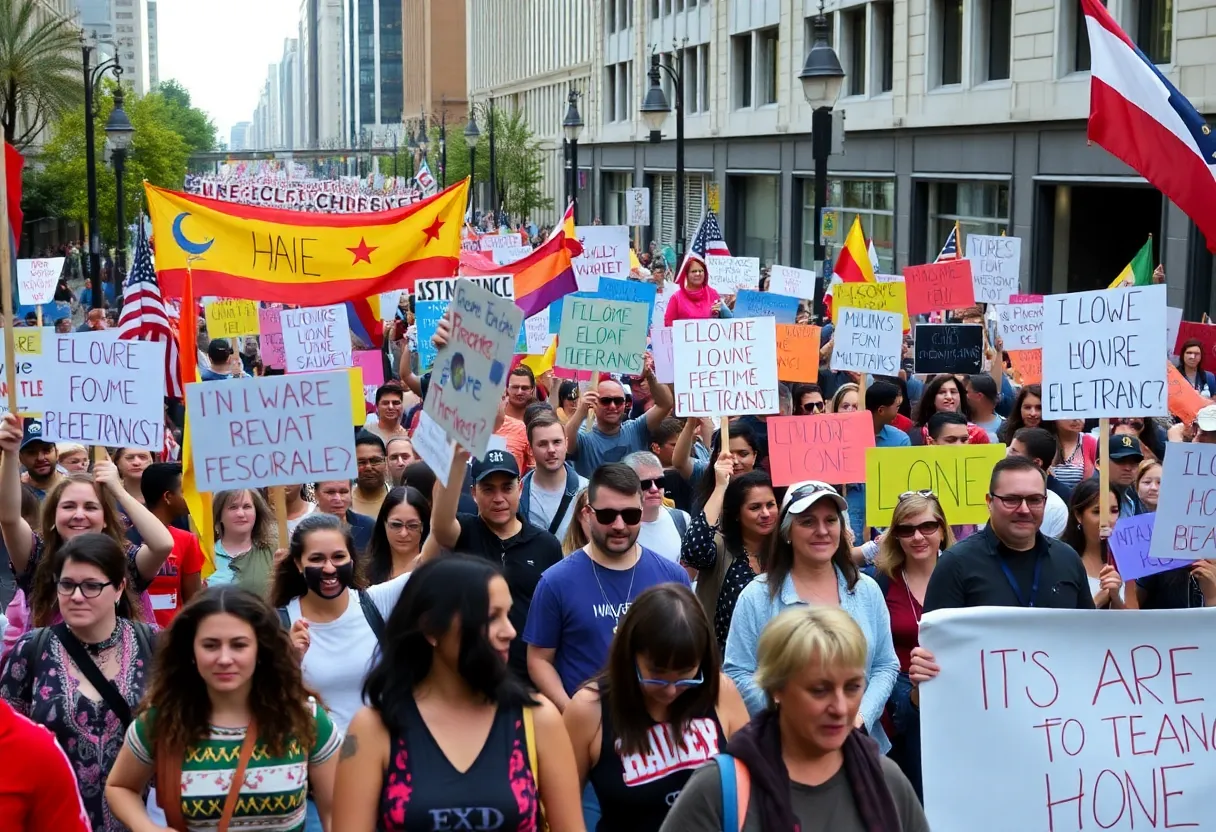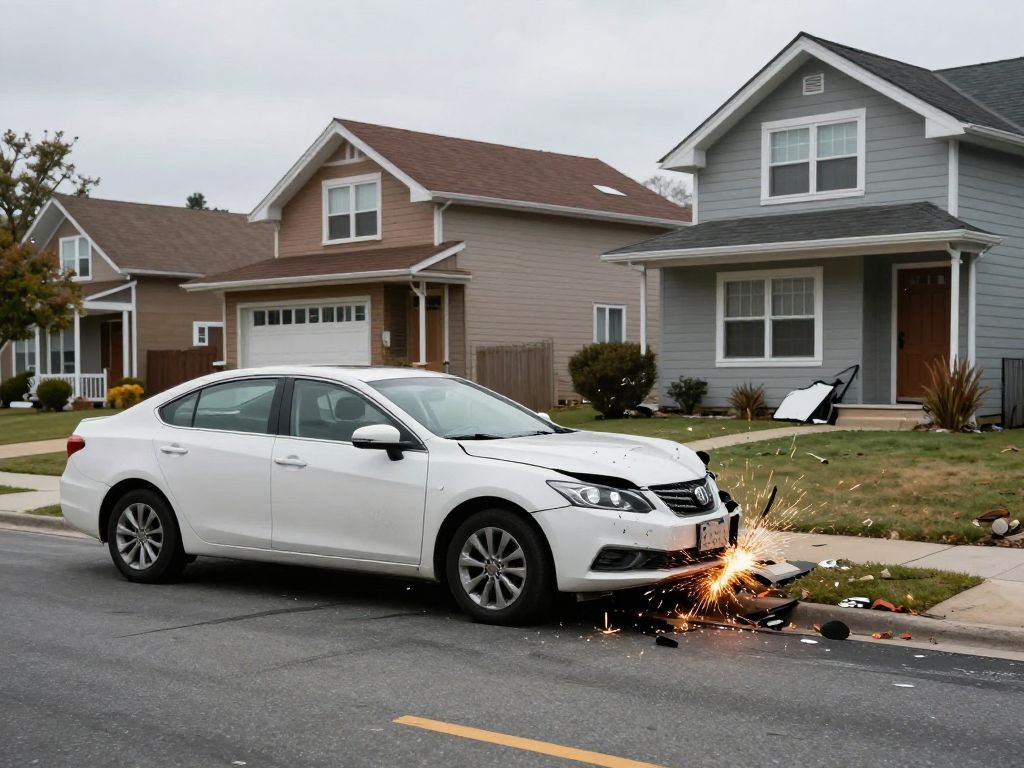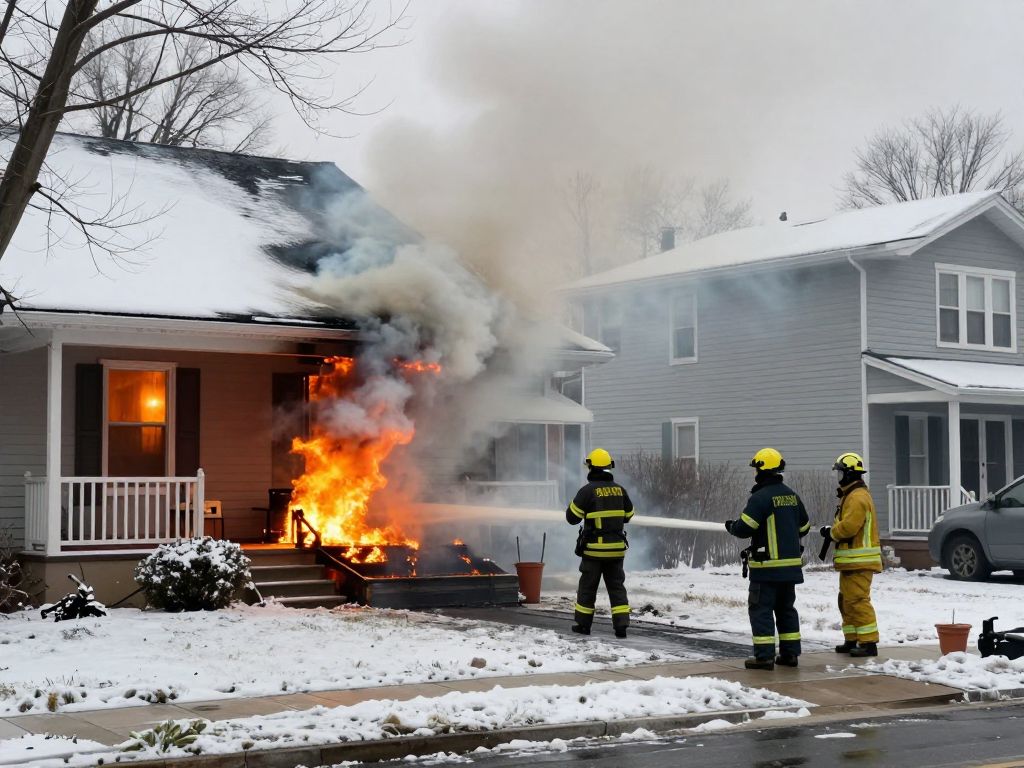Washington, D.C., October 19, 2025
News Summary
Across the United States, nearly 7 million people took part in the ‘No Kings’ protests, marking a historic demonstration against perceived threats to constitutional rights under the Trump administration. With events in over 2,700 locations nationwide, participants voiced concerns about civil liberties, women’s rights, and more, uniting peacefully in a display of democratic values. The protests also garnered international solidarity, echoing sentiments in Europe. This significant turnout exceeded previous rallies, illustrating widespread civic engagement against authoritarian tendencies.
Washington, D.C.
Nearly 7 million take part in nationwide “No Kings” protests
Nearly 7 million people attended “No Kings” protests across the United States, marking one of the largest single-day demonstrations in U.S. history. The demonstrations occurred in cities large and small and drew participants concerned about constitutional protections, civil liberties, and the direction of federal policy under the Trump administration.
Key facts and turnout
Protests took place in over 2,700 cities and towns across all 50 states. Organizers reported that Today’s turnout marked 2 million more demonstrators than the previous “No Kings” rallies held in June. Major metropolitan areas such as New York City, Boston, Chicago, Los Angeles and Washington, D.C. saw particularly significant crowds, while smaller towns and suburbs also hosted organized events.
Goals, themes and participants
Demonstrators marched with signs and banners calling for protection of Constitutional rights and for elected officials to uphold democratic processes. Many participants expressed concern about women’s rights, LGBTQ rights, and abortion access. Demonstrators carried banners urging voters to support California’s Proposition 50.
Organizers presented the movement as a rejection of authoritarianism and a defense of democratic norms. Two national organizers credited with leading related efforts described the protests as a public stand against authoritarian tendencies and an affirmation that democracy belongs to the people. High-profile elected officials and former officeholders attended and spoke at several events in major cities, and activists emphasized nonviolent, peaceful demonstrations.
Scenes and atmosphere
Rallies were largely described by on-the-ground observers as peaceful and energetic, featuring live music and participants in a variety of costumes, including notable inflatable outfits used in a playful mode of protest. March routes, pep rallies and public gatherings included chants, music, and a range of signage focused on civil liberties and democratic values.
Locations, officials and response
The protest in Washington, D.C. saw thousands gathering to make their views heard, with some attendees expressing dissatisfaction with both the Trump administration and Democratic leadership. Across the country, officials in several states increased security in anticipation of potential unrest related to the protests. In some cities the federal government deployed additional law enforcement resources and, in certain cases, National Guard units.
National Economic Council leadership publicly described the demonstrations as misguided and asserted that freedoms remain intact under the current administration. At the same time, the White House and other Republican allies attempted to label the protests as “Hate America” rallies. Organizers emphasized their commitment to peaceful protests despite claims of violence associated with similar movements in the past.
Incidents and law enforcement
In Broadview, Illinois, four people were arrested for protests near an Immigration and Customs Enforcement facility, unrelated to the “No Kings” rallies. Officials said those arrests were connected to a separate demonstration near the facility and were not part of the coordinated nationwide “No Kings” events.
International solidarity and context
The demonstrations in the United States also drew expressions of solidarity abroad. The protests occurred not only in the U.S. but also drew solidarity from demonstrators across Europe, including in Berlin and Madrid. Organizers framed the events as part of a broader global conversation about democratic rights and governmental accountability.
Background
The “No Kings” rallies follow earlier demonstrations held in June and come amid ongoing federal actions, government shutdowns, and administrative measures that some critics describe as draconian. Reports of increased security deployments and contentious interactions between federal and local officials helped fuel turnout and attention. Participants and supporting organizations cited concerns about perceived threats to constitutional protections as a primary motivation for taking part.
FAQ
What was the overall attendance for the protests?
Nearly 7 million people attended “No Kings” protests across the United States, marking one of the largest single-day demonstrations in U.S. history.
Where did the protests take place?
Protests took place in over 2,700 cities and towns across all 50 states.
How did this turnout compare to previous demonstrations?
Today’s turnout marked 2 million more demonstrators than the previous “No Kings” rallies held in June.
Were there any arrests connected to the nationwide protests?
In Broadview, Illinois, four people were arrested for protests near an Immigration and Customs Enforcement facility, unrelated to the “No Kings” rallies.
Did the demonstrations have international reach?
The protests occurred not only in the U.S. but also drew solidarity from demonstrators across Europe, including in Berlin and Madrid.
Were protesters promoting ballot measures?
Demonstrators carried banners urging voters to support California’s Proposition 50.
How did officials characterize the protests?
The White House and other Republican allies attempted to label the protests as “Hate America” rallies.
Did organizers address concerns about violence?
Organizers emphasized their commitment to peaceful protests despite claims of violence associated with similar movements in the past.
Quick reference table
| Item | Information | Scope |
|---|---|---|
| Total reported attendance | Nearly 7 million people attended “No Kings” protests across the United States | Nationwide |
| Number of locations | Protests took place in over 2,700 cities and towns across all 50 states | Nationwide |
| Change since June | Today’s turnout marked 2 million more demonstrators than the previous “No Kings” rallies held in June | Nationwide |
| Arrests reported | In Broadview, Illinois, four people were arrested for protests near an Immigration and Customs Enforcement facility, unrelated to the “No Kings” rallies | State-level (Illinois) |
| International solidarity | The protests occurred not only in the U.S. but also drew solidarity from demonstrators across Europe, including in Berlin and Madrid | International |
| Notable messaging | Demonstrators carried banners urging voters to support California’s Proposition 50 | Nationwide/State (California) |
| Official characterizations | The White House and other Republican allies attempted to label the protests as “Hate America” rallies | Nationwide |
Deeper Dive: News & Info About This Topic
HERE Resources
Over 100,000 Attend ‘No Kings’ Rally in Boston
Boston Rally Opposes Trump Administration Policies
Boston Hosts Massive ‘No Kings’ Protest Rally
Thousands Gather for ‘No Kings’ Rally in Boston Common
Federal Government Shutdown Impacts Boston and Beyond
Federal Immigration Crackdown Sparks Protests in Massachusetts
Louise Liu Recognized Among Boston’s 40 Under 40 Honorees
Massive Turnout for ‘No Kings’ Protest in Boston
Massive ‘No Kings’ Protest in Boston Draws 125,000 Attendees
Boston Rally Opposes Federal Overreach
Additional Resources
- The Guardian: No Kings Protests
- Wikipedia: Demonstrations in the United States
- BBC News: Coverage of the Protests
- Google Search: No Kings Protests
- Al Jazeera: Anti-Trump No Kings Rallies
- Encyclopedia Britannica: Protest
- Euronews: Anti-Trump Protests
- CNN: Protestor Voices in No Kings Demonstrations
- New York Times: Protests Against Trump

Author: STAFF HERE BOSTON WRITER
The BOSTON STAFF WRITER represents the experienced team at HEREBoston.com, your go-to source for actionable local news and information in Boston, Suffolk County, and beyond. Specializing in "news you can use," we cover essential topics like product reviews for personal and business needs, local business directories, politics, real estate trends, neighborhood insights, and state news affecting the area—with deep expertise drawn from years of dedicated reporting and strong community input, including local press releases and business updates. We deliver top reporting on high-value events such as Boston Marathon, Head of the Charles Regatta, and Boston Harborfest. Our coverage extends to key organizations like the Greater Boston Chamber of Commerce and Associated Industries of Massachusetts, plus leading businesses in finance, biotech, and insurance that power the local economy such as Fidelity Investments, Biogen, and Liberty Mutual Insurance. As part of the broader HERE network, we provide comprehensive, credible insights into Massachusetts's dynamic landscape.





